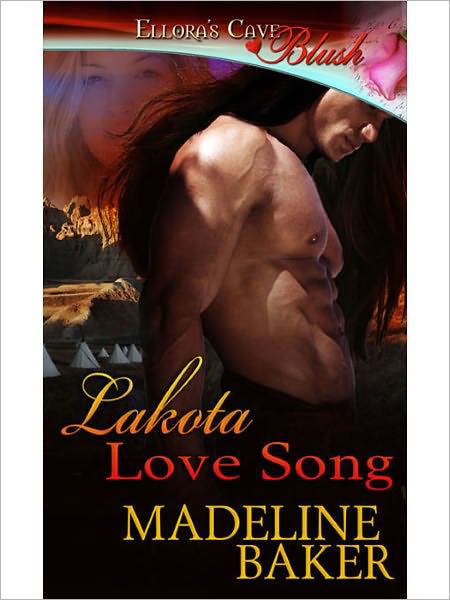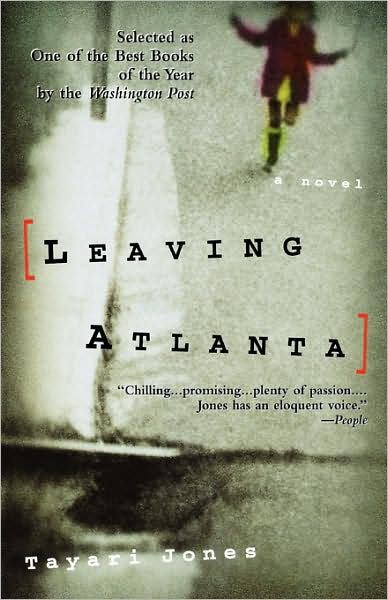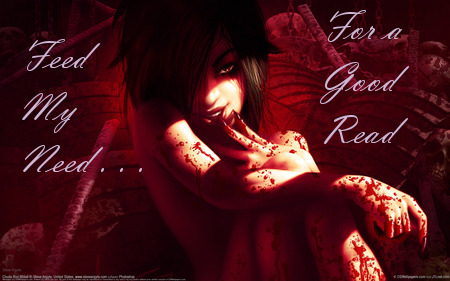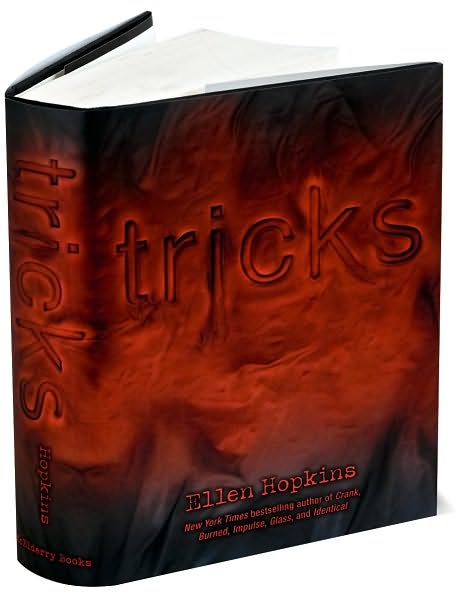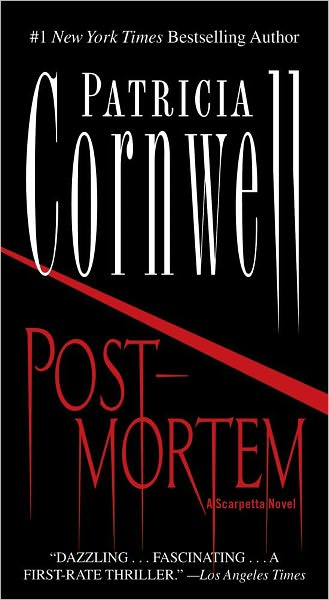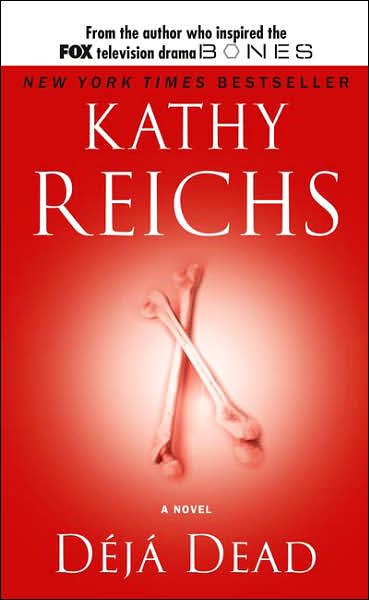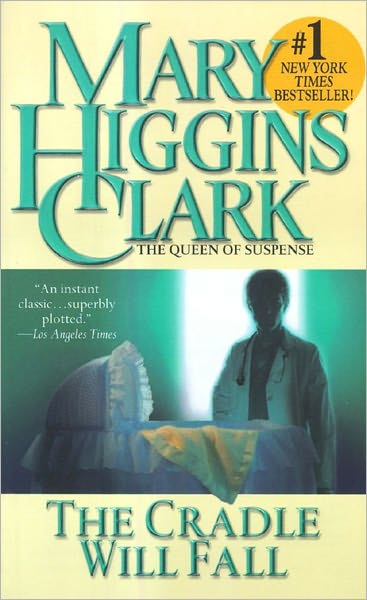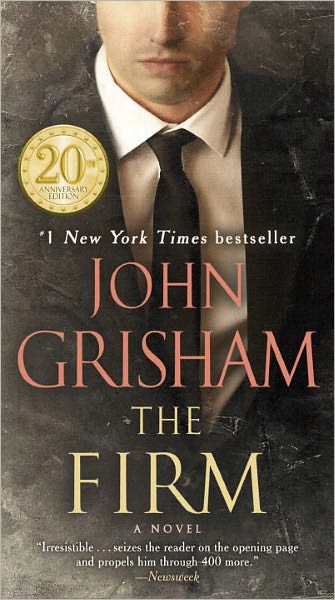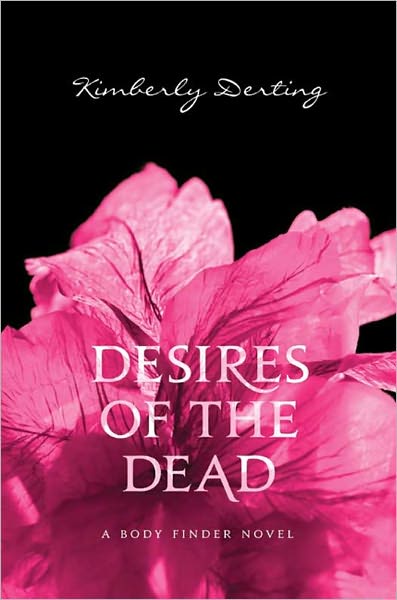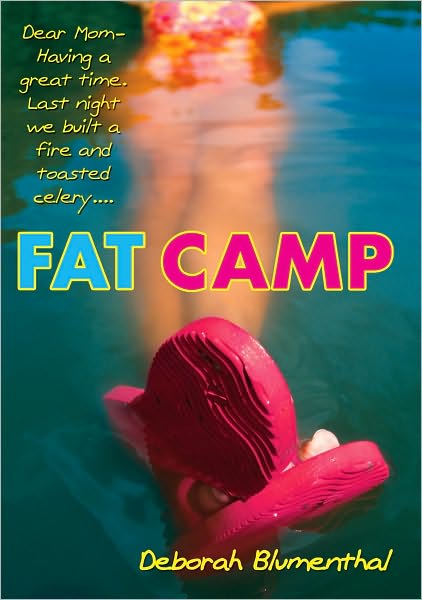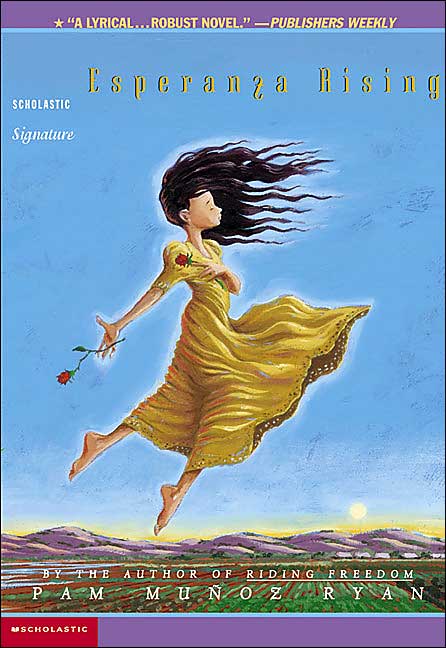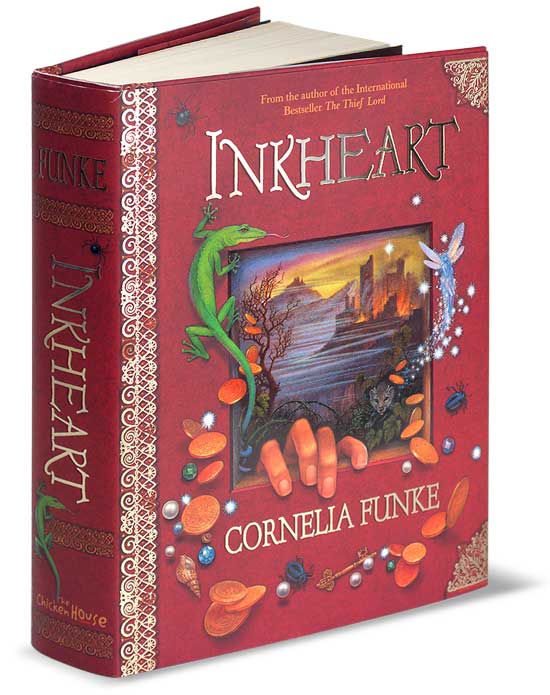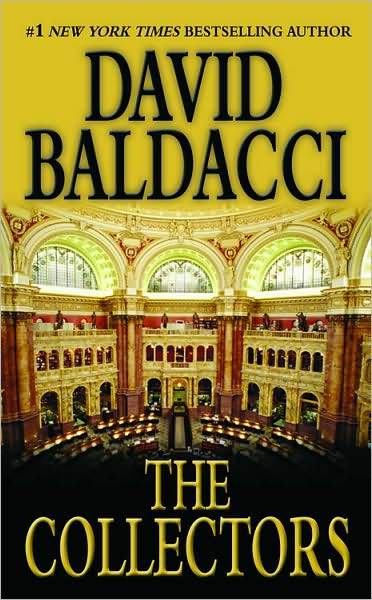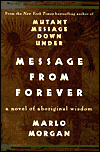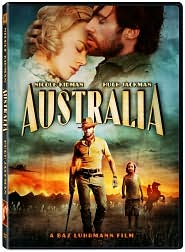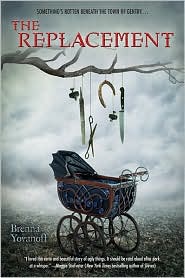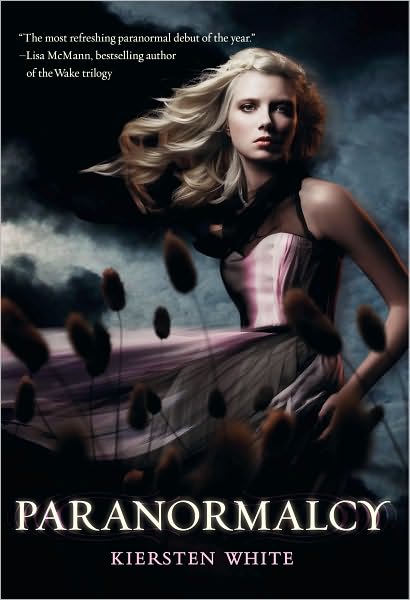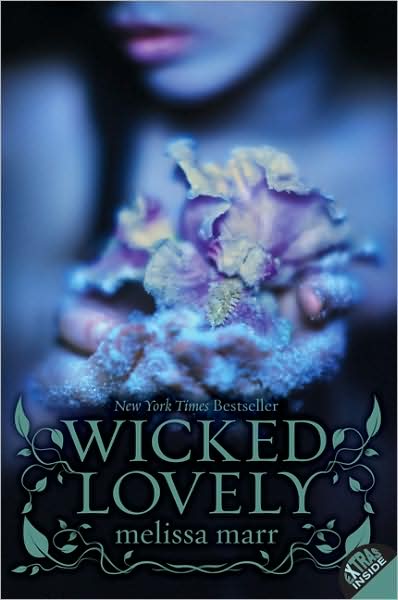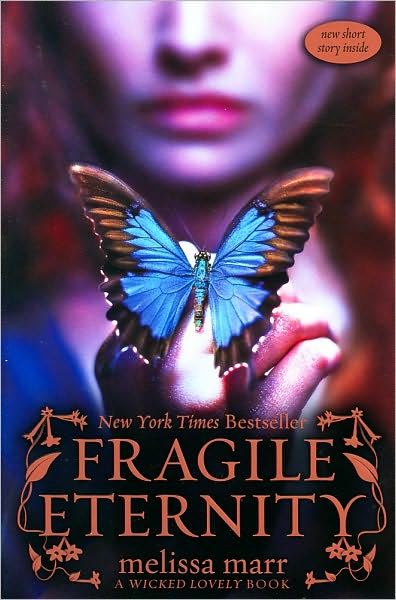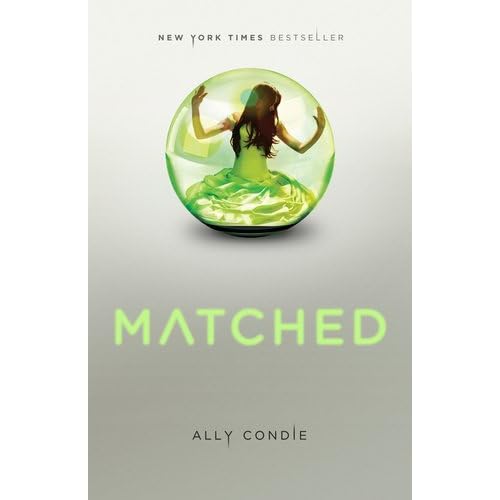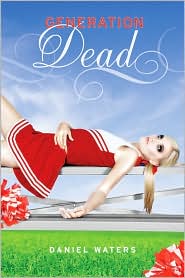Hey all! I know you all like my alliterative title! :) Anyway, I think I'll list about ten things all fresh new writers should know and some things that are common sense. Which sometimes isn't common enough nowadays.

Random Tip #1: Bring a notebook and some sort of writing utensil everywhere you go!
Why do I say that? Because you never know when an idea will hit you sideways and need to write it down immediately! I know when I was walking around the beautiful campus of Hampton University, I would always be thinking about my screenplay, Afterlife Investigations, and I would get my cell phone out and write notes in the little notepad on my phone. Sweet huh? And if your cell phone magically malfunctions then I have three notebooks in my bag. One that's for writing a specific story. Two is for ideas for my story that I have kept around for years. Three is just for . . . Well, it's for school but I sometimes write in it during school hours and come up with the best poems. Of course my teachers aren't happy that when I'm writing a poem and not the notes, but hey it's worth it. I even won a prize for the last one I wrote in class. Now that's a funny story! :D
Random Tip #2: Write down the story first in print form!
I know people out there are looking at me like I'm some sort of wacko crazy nut but I really think a writer should always, always, always write down their stories instead of typing them up. Why? Less errors and more time to write. If you're stuck on a bus that suddenly shuts down, then all you have to do is whip your notebook out and continue to write down the story where you left off. I know some people would prefer to whip out their I-Pads or Laptops but I'm going to be frank and honest with you: I don't trust technology. It is unreliable. So if you put everything, your thoughts, your ideas on a laptop that will probably die in like three years or on an I-Pad that could explode or on some other electronic device, there are a number of things that could happen with it.
However with a notebook, you have less dependence on something that should be working that may not work. Or on electricity that is needed or whatever. You just have to protect it from rain and fire and you're good to go. And besides, it's good to just write it out in that moment of time instead of typing it out. You see things on paper differently then what you see on an electronic screen.
Additionally, once you write it down, you've got to type it up and you'll get to catch the errors quicker then you would on just simply putting it on a screen. What you're basically doing is editing it as you're typing up the final draft of your story. Heck, it's like line editing as you go and you can catch the errors before you send them to a publisher or get them critiqued by a friendly group of people, hopefully. And if your computer just quits on you, you have an extra copy! Right there in your hands to just simply retype.
All of this to say: Write before you type. It'll be more advantages to you as a writer then disadvantages.
Random Tip #3: 1% Inspiration, 99% Perspiration
Thomas Edison once said that work is part 1% Inspiration and 99% Perspiration which all of this to say that yeah coming with an idea for a book is wonderful. The important and hard part is getting it on paper and making sure it's right. You can't just get an idea, try to sell it to a writer and try to take some of the profit. It doesn't work that way. Sometimes I really think people have the best intentions when they try to help you write something great. They come up with this cool idea and they say, "Hey, I want a piece of your money since I came up with the hard part." That person is a damn fool. The hard part is the work behind making the idea come to life and writing it down.
Fellow writers can attest the hours, the days, the minutes, the stress of putting the words on paper and getting it right. A writer doesn't just finish a story and have a party at the end. A little celebration is good especially if it's your first book or short story or poem or fictional work. Whatever. Point is your job isn't done yet. You still have to edit, revise, edit, revise and edit some more until it's as perfect as it could be. Then you're still not done. You still gotta figure out what to do with it afterwards which leads me to Random Tip #4.
Random Tip #4: Know Your Options
I know a lot of writers dream of landing a deal to publish their book but a writer needs to consider what options will be available to get them to their dream which means doing some research.
Which leads to two options: Self-Publish or Traditional Publish. These two options are completely different avenues to venture down on.
Here's the Traditional Publishing Option: You can either go straight to the publisher, send them your query letter, synopsis, a little chunk of your manuscript, a biography, and a marketing plan. Or you can try to get an agent who would represent your book and pass it along to the big publishers you can't send your book directly to. Then you would have to send the agent a query letter, a synopsis and a probably a chunk of your book. Maybe a biography but probably not.
If you don't know what in the world I'm talking about as far as synopsis and query letter, then it would be some time to do some research.
Now if you're going to go this route it would take a lot of preparation, dedication and some thick skin. So let me tell you first off that not everyone will think you are the best writer in the world or even the next big writer like J.K. Rowling or John Grisham. You might have to take some criticism, a single answer like no, or even have people not even answer your query sent out to them.
Point is it's a lot of work, time and effort to get your book into the right hands. And sending it out there is no guarantee. You might be discovered, you probably won't. Don't give me the evil eye and say you are different because you aren't. I'm sure famous authors have been turned down by agents and publisher alike.
Your query letter will be another one to add to the pile of other ones who the agent/publisher/unlucky intern who has to sift through them. So if you want to try this option, then I'm more then willing to help you to pursue your dreams. Here are some websites I highly recommend:
This website compiles a list of book publishers, agents, lawyers and contests that you could send your book to. They even rank them from highly recommended to not recommended at all. They show you the scammers out there and the real ones. What I would do is click on every link that matches up to my book, look at their requirements, and add their name to the long list of agents/publishers to send my book to.
This is the website for romance writers who want to publish their book through an agent or a publisher. So if you're a romance book writer then this is the perfect place to do some of the research.
This is an awesome website. Basically, this link page is wealth of information or whatever you need. Need a Crit Site? Look under the headline. There's probably four under there. Agent Questions? Under the headline. Anyway, I'll leave you time to scroll and look under there. Anything you need for writing and researching you could find on that web page. And Critique Circle is a great way to have a fresh pair of eyes look at your manuscript and maybe make a few friends along the way, btw.
That's all I can really think of right now, but don't be fooled: There are plenty of websites that would gladly help you on your quest of finding your book a home. Now I know what some of the newbies are saying to themselves right now: By God, this is A LOT of work. And you would be right. It is. Being a writer isn't just putting words on a page and hoping it works. No, it's a lot of work with no pay raise, paycheck or even a cheerleader (unless you've got support from other people which is always a good thing). At least this is option one on the quest of publishing your book. Now to option two:
Here's the Self Publishing Option: I know a lot of people don't even consider this an option because of the stereotypes associated with it. The bad cover art. The bad writing. And the not making any sort of money on it whatsoever part. But guess what?
Those are all lies.
And don't consider this option if you look at the other option and think that's a lot of work because self-publishing your book is a lot of work too. There is no easy way of putting your book out there. Sure some people think option two is but it isn't. It's just that: Another option. Now how do you start this option and start your journey? Well, first finish the book. Seriously. Edit, edit, and edit some more until it is done. Then write the blurb and the bio. Get a picture of yourself that you can stand and keep it handy. Then it will be time to pick a book cover.
Ah, so much fun. There are plenty of options for picking a book cover. First off, there is the expensive option or the cheap option. You can either hire someone to make a book cover for you or you can go on a royalty free image website and pick one for a good price. Then once you do that, you need to buy your copyright for your book. Then you publish your book online or POD (Print on Demand) and on you go.
So all of this to say: Know and consider your options. Don't knock one off because of the stereotypes or the work behind it. Both require hard work and some patience. Maybe even some determination. Either way consider and think hard about both.
Random Tip #5: Do Your Research.
To be a writer you need to do your research. Period. As a writer, reading is a way of research. Stephen King once said that to be a great writer you need to write a lot and read a lot. And it's true. How can you expect to write a great story if you don't like to read?
I was in an English Research Class and this one girl said that she loved to write but she hated to read. I've always wondered how that worked. How can she expect to be current in the reading world if she doesn't read? So please do your research.
If you want to write about vampires, do your research and please be original with it for God's sake. Read Dracula by Bram Stroker and Twilight by Stephenie Meyer. If you want to write about America in 1800's then please do your research. If you want to make up a fantasy world, then please map it out and make sure it works out. Or read a book about it. If you want to write about alien encounters or abductions then do your research.
If you don't know something about what you're going to write about, then do your research. Ask. If you wan to know about murder, then ask a medical examiner. If you don't know the procedures in a court room, then look it up. Heck, ask a lawyer. If you're going to put your character in a state you never visited, then do your research.
And if you decide to be lazy and not do the research, then you will lose readers and their trust. How? because if you don't get your facts straight and put a character in Virginia and get the James River and Virginia Beach mixed up. I'll be one of those people who will refuse to read any of your books. Why? Because you got two areas mixed up, how in the world will I be able to trust you as a writer to keep your facts straight? I will think you're a lazy writer not willing to look up my hometown.
So what's the point? The point is: Do your research and don't be lazy.
Random Tip #6: Spell Check Please!
Do I really need to explain this one? Before you publish or try to get your book published, please please please spell check and check for spelling errors. I know this is common sense but some times common sense isn't common enough. Make sure you edit meticulously. You do not want your work of art to have any mess ups or whoopsies on it. All of this to say: Check, double check and spell check!
Random Tip #7: Read Aloud
Once you're done editing the life out of your book, read it aloud. If you're not sure of a part sounds then read it aloud. More often then not, you'll catch errors quicker once you read them out loud. It's a great tool that maybe some people take for granted but it makes sure that your brain isn't automatically correcting errors in your story.
So when in doubt read out loud.
Random Tip #8: Watch out for Dialogue!
Make sure you don't put too much dialogue in your story. I know when I started writing, my dialogue would run for like five pages long. You do
not want to do that. And if you are going to write dialogue for a long period of time, for like a page for example, make sure your characters have distinctive voices. Jane and Marie can't sound alike and if they do sound alike, put their names along with their dialogue. For example.
"Hi Janie! What's happening?" Marie asked.
"Nothing much. Just kicking around a soccer ball. Can't wait for practice!" Jane said.
"Me too!" Marie said.
"Omg, tell me when practice is, I keep forgetting." Jean said. She froze when hearing mysterious footsteps behind her.
Or something like that. Notice the name attachments to the dialogue. And if you're going to include instant messaging, text messages, or any other kind of communication that isn't plain ol' talking then make sure to let the reader know what's going on. If you're going to do instant messaging then show their nicknames on the Internet like HotFox69 or Babe24. Or whatever.
All in all, make dialogue clear and have a function. If the dialogue serves no purpose whatsoever then take it out. Make dialogue important.
Random Tip # 9: Verb Tense Match Up
Make sure your verb tense matches up. If you're going to write in present tense, then do it. If you're going to write in past tense, stick to past tense. If you're going to write in future tense for the entire book then stick to it.
Don't flip flop between present and past. It'll just look like you couldn't make a decision between past or present tense. Or like you don't know your grammar tenses. Either way, be consistent.
Random Tip #10: When in Doubt, Print it Out
When I finish all of my books, I print them out. Why? Well for three reasons:
- I like having the print version. Makes the fact that I'm done official.
- I like to have another copy. I don't trust computers enough to just let one copy sit on my computer and wait for it to stop functioning to print it off then. Like I said earlier, I don't trust technology.
- For editing.
Now how you carry it all around the mall or wherever, is up to you. I know I like to print it out, punch holes in it and put it in folders. Then I number them by hand and start editing and reading it. Sometimes it's just nice to have that bulk of paper to remind you that you're done. That you've done what other people thought was impossible. And you may end up using it to send it to a publisher/editor/agent. You never know.
I mostly print it out for editing purposes. Seeing the edits on paper make it easier to catch it for me and I write it and correct it on my electronic copy of my book. So then it's another layer of editing to double check to make sure everything works. The plot, the characters, the actual font on the page. If you can actually read it, up close and personal.
Now I know what some people will say: That's expensive to print out X-amount of paper! Yes you're right. Absolutely. I have no fight there. But is your success worth a few bucks? Honestly, how much would it cost you in the long run to print it off and take a day editing it? How much money would it cost to print off 100 copies of your query letter and send it off to agents/publishers? If you're willing to send a copy of your query letter or manuscript to an agent, why can't you print a copy for yourself to edit and to have it in your records? Is your book not worth that much time and effort? Well then there ya go.
Okay, that's it for now! I hoped this list helped you newbie writers. Is there any other trick or tip that you would offer to new writers? Any other piece of advice? I would love to hear from you!
